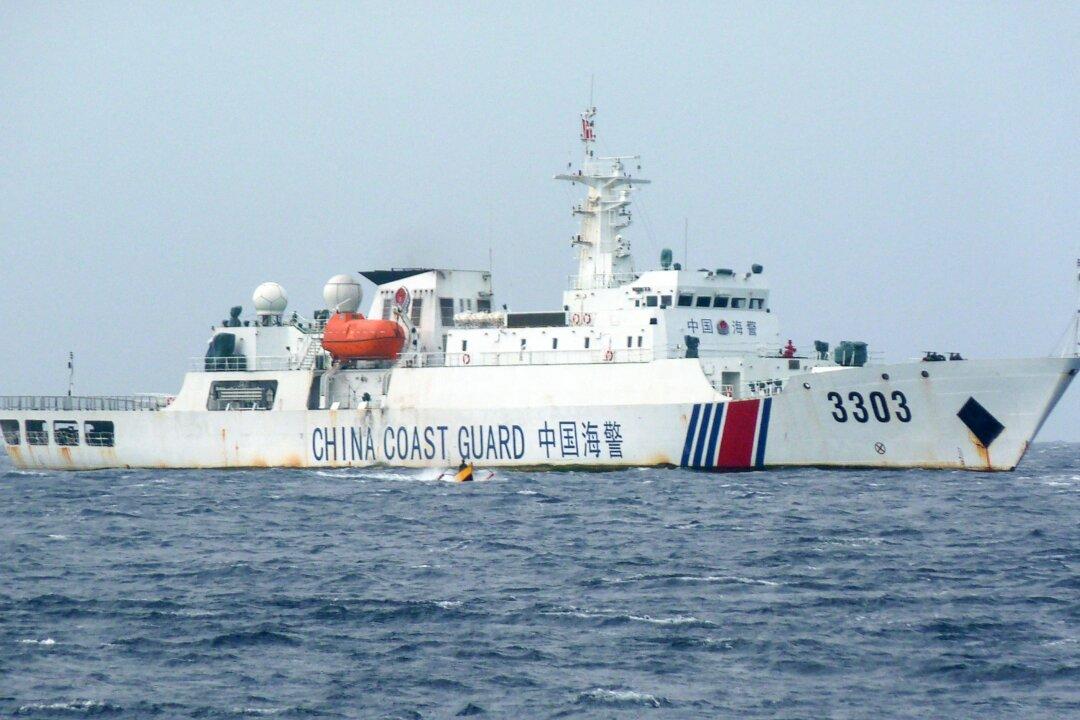The United States must push back on China’s communist regime and its aggression in the South China Sea and beyond, according to one congresswoman.
The Chinese Communist Party (CCP), which rules China as a single-party state, will only continue to expand the scope and intensity of its aggression until it is met with real resistance, said Rep. Jennifer Kiggans (R-Va.).




